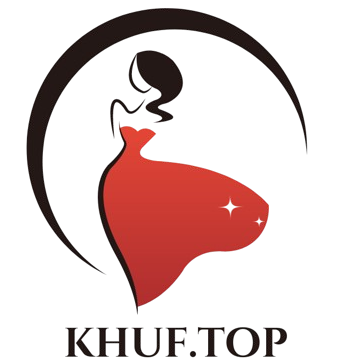In a bid to compete with common software like Vinted and Depop, eBay has eliminated selling charges for used clothing.
Purchase and sale of pre-owned clothing on the auction site are currently absolutely free and no longer subject to a 12.8% charge as of this week.
The online retailer claimed the move was intended to encourage users to adopt a “round market” and reduce waste.
It will now be much less expensive to purchase and buy clothing on the system because of the fee change, which also applies to items that were previously listed on Ebay before April 8th.

Ebay has eliminated the cost of selling unnecessary clothing, bringing it in line with other online stores.
It will compete with second-hand clothing programs like Vinted and Depop, which are mainly well-known among Gen Z people. Both parties have waived the seller’s expenses.
According to Kirsty Keoghan, public director of global trend for auction, “Free style marketing has come at the right time for a country sitting on billions of pounds worth of unnecessary clothes.”
We are aware that selling clothing can occasionally feel like a chore, but completely selling and fresh updates like new AI-powered listings will make it easier for more of us to sell clothing, putting more cash in our pockets.
What can you market fee- completely on Ebay?
If you’re looking to sell on Ebay, you can record up to 1, 000 things for free each quarter. Buyers will be charged 35p for each new list created once this regular completely list planning has been reached.
Customers who pay £19.99 a month will get an additional 100 complimentary listings a month, after which the price will get 35p per list.
Sellers are required to pay a 30p per get final value fee as well as 12.8 % of the total amount of the price. This is now completely for next- hand clothes listings.
When the product sells, Ebay even charges a regulation operating cost of 0.42 per share, calculated on the total amount of the purchase, including shipping. This also applies to used clothes.
Other features include a reserve price (the item won’t be sold if bids are unsuccessful) and a small fee for promoted listings.
Customers looking to sell other clothing items may also experience owner fees, though as trainers, watches, handbags and earrings are not covered by the new plan.
Final value fees for trainers are 8 per cent + 30p when the selling price per item is £100 or more, excluding shipping.
If the total amount of the sale is over £5, 000 for a single, non- second hand clothing item, you’ll pay 3 per cent for the portion of the sale price above £5, 000.
What fees do Vinted and Depop charge?
Due to Ebay’s decision to lower costs, it is now in competition with other used apps that don’t charge seller fees.
Vinted does not list or sell items at all; instead, it charges customers a “protection fee,” which fluctuates depending on the item’s price.
Regardless of postage costs, the purchase price ranges from 3 to 8 percent of the purchase price for orders less than £500. Orders, including bundles, over £500 will face a 3 per cent fee.
In order to sell non-retail items, Vinted is less expensive to use.

Vinted charges a buyer protection fee, instead of a selling fee, on all items
Depop has also waived the fees for sellers. Prior to this, there was a 10% surcharge on the total transaction cost, including the shipping fee, a 2.9% “standard transaction fee” and a 30p fee.
However, the platform eliminated all seller fees in March, leaving only a 2.9% processing fee plus 30p for sellers.
Buyers will be charged a maximum of 5% of the purchase price plus a fixed price of up to £1, excluding taxes and shipping costs, starting on April 15.
What kind of tax do you pay when you sell used clothing?
In a bid to stop online resellers from revealing their income, His Majesty’s Revenue and Customs made new regulations that mandate online marketplaces collect user data.
People unsure as to whether the new regulations, which were implemented on January 1st, will result in additional taxes for selling on Ebay and other websites if they do a declutter or sell unneeded items.
Sellers will only be required to pay tax if their earnings fall below a certain threshold, as is already the case.

If you regularly sell goods or services through an online marketplace and pay tax on anything you sell for more than £1, 000, HMRC itself claims you could qualify as a “trader.”
However, it is slightly more complicated than this. If you sell old clothes a few times, you’re unlikely to be stung.
It all depends on what you are selling, why you’re selling and whether you’re making a profit.
You wo n’t qualify as a” trader” if you go through with old clothes you no longer want for less than what they cost to buy.
Unfortunately, there is no one definition of what constitutes a trade, which is why the new rules caused such panic.
If you earn more than £1, 000 annually, you will need to register for self-assessment, but selling unwanted clothing would not be subject to any tax repercussions if you are not making a profit.

